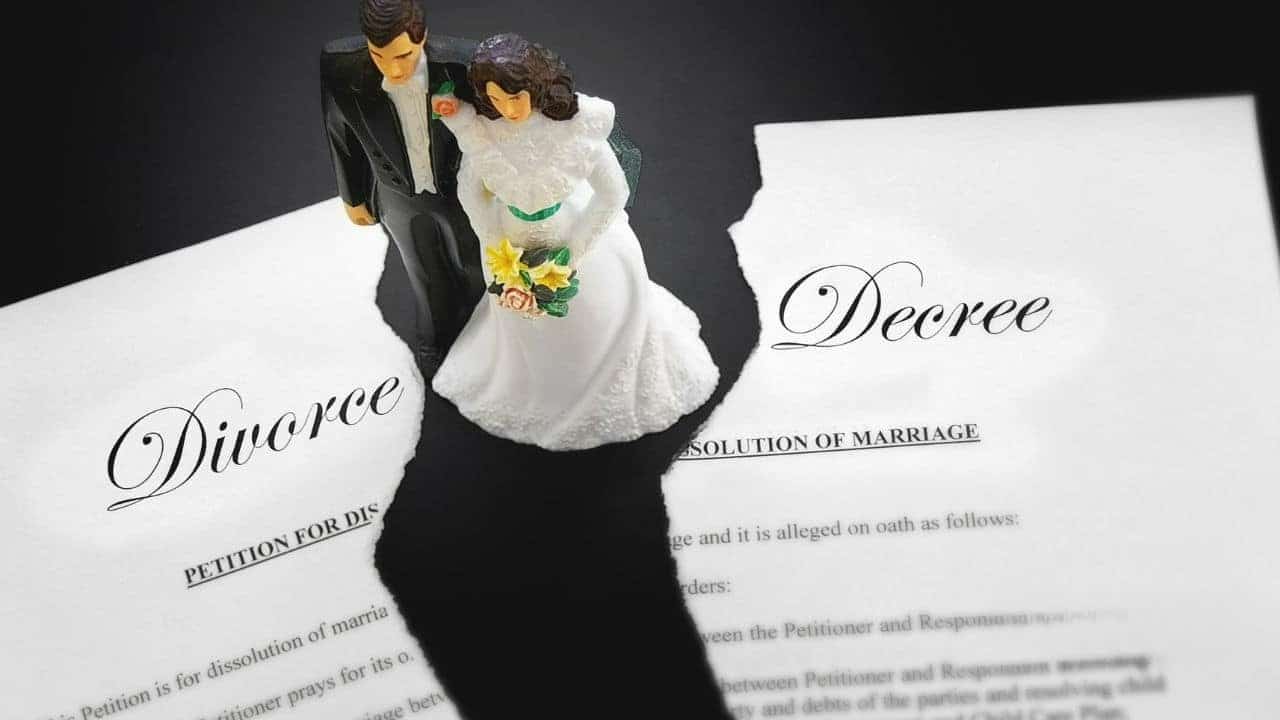Without a doubt, one of the most disappointing things I tell my clients when their ex isn’t following the divorce decree is that the primary way that Judgments are enforced is by going back to court and filing a petition to have their ex held in contempt. Unfortunately, that means more legal fees (upfront, at least), court dates, and conflict. For some, the hassle and expense of returning to court is greater than the loss suffered due to their ex’s noncompliance, especially when contemplating that it could take several months, and maybe a year, to get relief.
Alternately, a party can file a motion to enforce the judgment, which is much like a contempt petition only without the mandate that the court must decide if the non-compliant party is in contempt and, if so, if their actions were “willful and contumacious”, i.e. there was no justification for their failure to follow the Judgment. While easier to prove than a contempt filing, a motion to enforce the Judgment does not guarantee attorneys’ fees for the filer.
Mediation When Your Spouse Is Not Following Your Divorce Decree
For those who dread the idea of post-decree litigation, it is important to know that there are many non-compliance situations that can be addressed and resolved through mediation. Mediation is a process where a trained mediator facilitates a conversation between the parties to discuss issues or concerns. Almost every divorce decree entered in the Chicagoland area, and perhaps throughout Illinois, has a clause mandating that the parties go to mediation before going back to court. While the primary goal is to cut down on the number of disputes that come back to court, mediation provides the parties with a quicker and (much) less expensive means of conflict resolution. Most areas even have free mediation services available to residents.
Individuals who participate in mediation may be able to reach a full agreement or a partial agreement, which will allow them to reduce the number of issues they may need to take back to court. Anything that can be resolved in mediation helps to cut down on the time and money spent on court. It also cuts down on the posturing that often happens in court and lets participants address the actual reasons for their noncompliance. Suppose the noncompliance is not a clear-cut instance of contemptuous behavior. In that case, mediation can be a great way to talk through the issues (with help) and reach an alternate agreement that satisfies both parties. For example, mediation might help to uncover financial hardships that are impacting an individual’s ability to pay their full maintenance of child support. While the duty to pay maintenance and child support is unwavering, the reality is that sometimes those ordered to pay fall on hard times if they experience a job loss or some other reduction of income. Learning the details of the situation could allow the parties to come up with a reasonable plan for repayment that they both can live with without introducing the issues of contempt and possible judicial sanctions.
When a Contempt Petition Makes Sense
On the other hand, there are always those cases where an ex does not fulfill their obligation (usually financially) not because they can’t, but because they don’t want to. This often comes up with maintenance (formerly known as alimony), where spite and resentment are often at the root of an individual’s non-compliance. In those situations, it will likely be difficult to mediate an agreement because the issue is the noncompliant spouse can comply; they just won’t. With that mindset, it will likely take a contempt petition to get your ex in line, specifically the threat of having to pay your attorneys’ fees.
Likewise, many parents may find that nonpayment of child support, children’s expenses, and college expenses is best presented to a judge for ruling versus trying to reach a compromise. Sadly, many parents adopt the attitude of “I don’t have it” when failing to pay their child support obligation or refusing to contribute to college. Judges will not take “no” for an answer when it comes to providing support for kids and can even put your ex in jail for their failure to pay support obligations. In those situations, proceeding with a contempt petition for an overt failure to pay court-ordered support or expenses for your children will likely net the biggest return, both in terms of recouped support and expenses and reimbursing you for your attorneys’ fees for the drafting and arguing of your contempt petition.
It’s important to know that when your ex is not in compliance with the terms of your Judgment(s), the law is on your side. When deciding how best to proceed with the enforcement of your Judgment, a skilled family law attorney can help you weigh the merits of your case to decide the best way to proceed with getting everything you are entitled to under your Judgment.
Visit our Chicago Divorce Attorney page to learn more
If the other party to your Chicago family law proceeding is in violation of a court order, contact us today to schedule a consultation and to evaluate if either of these motions, or another motion, is necessary to file.














